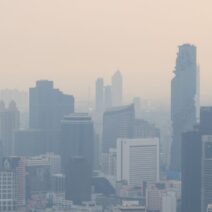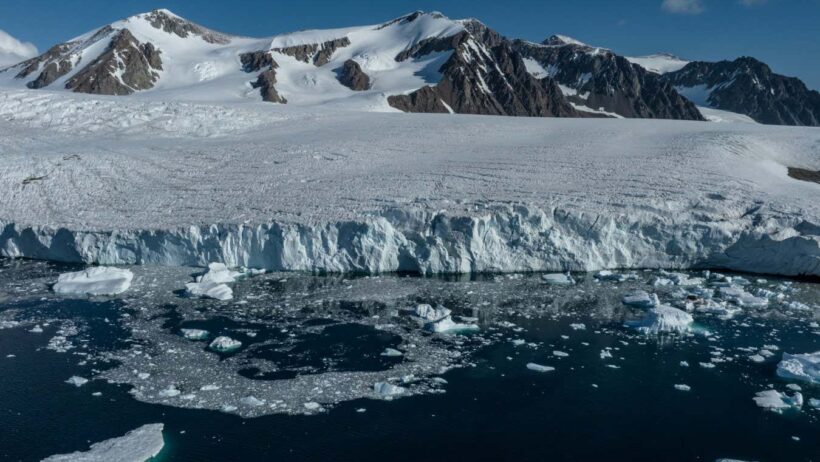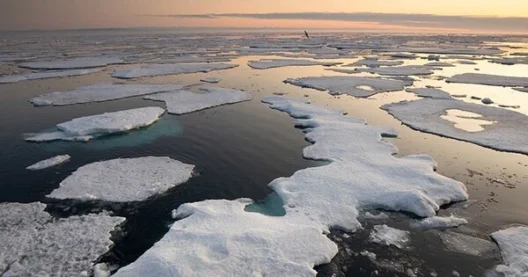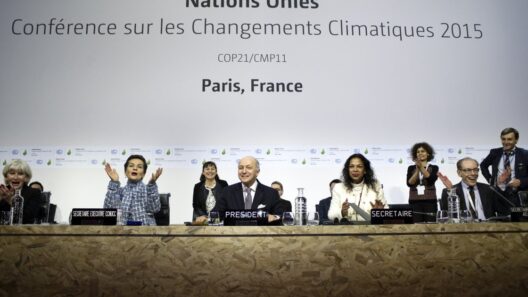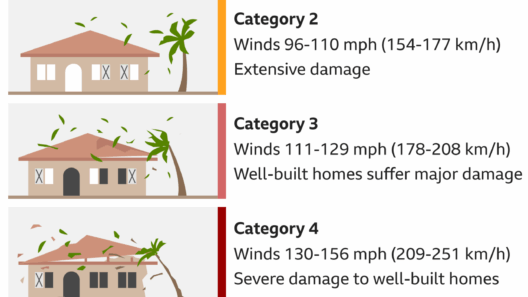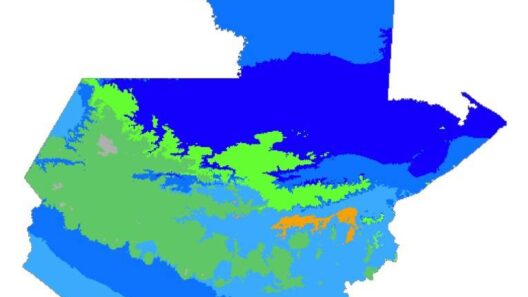The observation that climate change is accelerating faster than anticipated has circulated widely among scientists, policymakers, and the public alike. Weather patterns that once adhered to predictable cycles are now exhibiting anomalous behaviors, revealing profound truths about the state of our planet. This intensified phenomenon is characterized by unprecedented temperature rises, increasingly frequent extreme weather events, and alarming levels of greenhouse gas emissions. Delving into the data, it becomes clear that the pace of climate change exceeds expectations, evoking a mixture of concern and fascination within scientific and lay communities alike.
Historically, climate models have projected changes based on temperatures, emissions, and other variables under various scenarios. Many of these projections underestimated the rate at which certain ecosystems would respond to rising temperatures. Natural systems, such as the polar ice caps and ocean currents, are reacting with a ferocity that belies previous projections. For instance, the Arctic is warming at an alarming rate, nearly twice as fast as the global average. As the permafrost thaws, not only is this causing the release of stored carbon, but it also threatens a seemingly stable ecosystem, leading to further destabilization. The myriad impacts stemming from such transformations highlight an unsettling truth: the interplay between various environmental systems is not just linear but intricate and multifaceted.
One of the most startling revelations is the role of feedback loops in accelerating climate change. Feedback mechanisms—both positive and negative—play a crucial part in climate dynamics. For example, as ice melts, less sunlight is reflected away from the Earth, leading to greater absorption of heat and further warming. Similarly, the reduction of forests due to logging and development decreases the planet’s capacity to absorb carbon dioxide, further exacerbating the greenhouse effect. These self-amplifying processes reveal a volatile dance of environmental elements that, once initiated, can spiral out of control with alarming rapidity.
The acceleration of climate change is underscored by observable phenomena, including the frequency of heatwaves and hurricanes, which have reached unprecedented intensity and scale. The 2020 Atlantic hurricane season, for instance, demonstrated an exceptional level of activity, with a record-breaking number of named storms. The intersection of warmer sea surface temperatures and atmospheric instability served as a potent catalyst for these extreme weather events. Such instances are not mere statistical anomalies; they hint at a broader trend that can reshape human livelihoods and habitats in the near future.
Moreover, the implications extend beyond immediate environmental effects. Agricultural systems are destabilizing as crops face unprecedented stress from heat and drought, leading to spikes in food prices and insecurity. The global supply chain falters as raw materials become constrained by increasingly inhospitable growing conditions. Coastal communities are confronting the looming specter of rising sea levels, which threaten not just their homes but entire ecosystems. The intricate web of socio-economic repercussions becomes evident as populations adapt—or fail to adapt—to this metamorphosing landscape.
Another critical aspect is the psychological ramifications of living through an era marked by rapid climate change. Individuals grapple with pervasive anxiety and existential dread as they face news reports highlighting catastrophic events that are now prevalent in daily life. This psychological toll is not just personal; it breeds a communal understanding of vulnerability. The zeitgeist is shifting; awareness of environmental degradation is becoming deeply embedded in cultural narratives. Generational divides in this understanding often burgeon, as youth movements advocate for irreversible policy change—recognizing that the clock is ticking.
The fascination surrounding climate change often stems from its multifarious connections to broader systems of human existence. Climate change is not merely an environmental issue; it encapsulates economic, sociopolitical, and ethical dimensions that compel action. The interconnectedness of humanity with nature is being scrutinized as discussions around sustainability take center stage. The emergent discourse is redefining the meaning of growth, consumption, and progress, thus prompting introspection about our role as stewards of the Earth.
In efforts to address the accelerating rate of climate change, an array of solutions has emerged. The transition towards renewable energy sources—such as solar, wind, and geothermal—represents a vital pathway to reduce greenhouse gas emissions. However, technological innovations must be complemented by policies that enforce accountability for emissions, and encourage sustainability across industries. These multifaceted approaches necessitate cooperation between governments, businesses, and individuals, fostering a unified response to what is undeniably a global crisis.
In conclusion, the accelerating trajectory of climate change primarily results from complex interactions across natural systems, highlighting the intrinsic vulnerabilities embedded within our ecological and social constructs. As the scientific community scrambles to redefining these thresholds, awareness is blossoming—both as a response to burgeoning realities and as a clarion call for action. Our fascination with the intricacies of climate dynamics cannot overshadow the urgency to recalibrate our trajectory to a more sustainable, equitable future. Embracing both knowledge and action is essential, for the acceleration of climate change is not simply an environmental challenge; it is a pivotal moment in history beckoning for collective resilience to chart a new course for generations to come.


